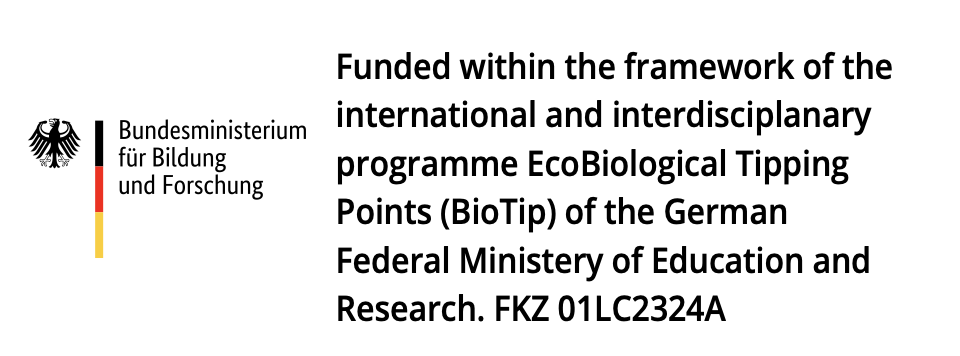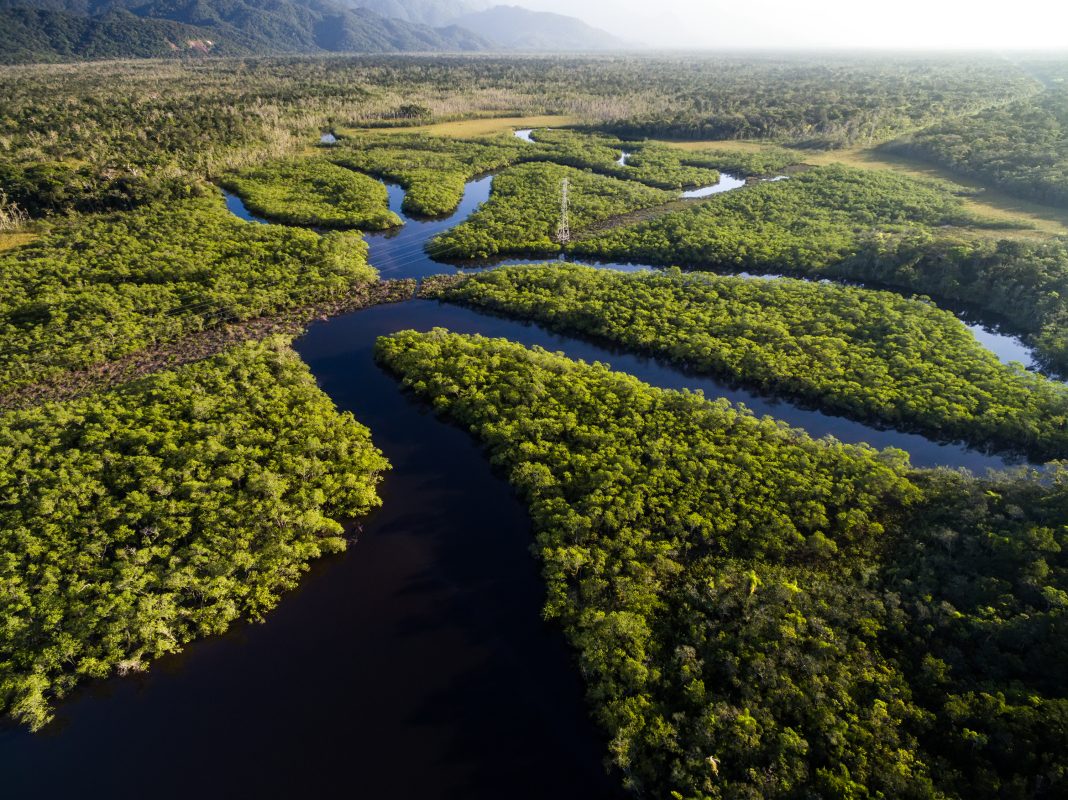Unveiling the relationship between society and the environment, a new research project sheds light on “tipping points” – critical thresholds beyond which change becomes abrupt and potentially irreversible
In its simplest terms, a system is a network of interconnected elements that interact and influence one another. For millennia, humans have been part of a global ecosystem where energy, matter, and information flow through natural cycles. However, with the advent of agriculture, humans began to establish independent social systems, leading to a divergence in scientific disciplines that often studied either ecological or social systems in isolation.
The Anthropocene, a term coined to describe our era of human dominance on Earth, has ushered in a new interconnectedness of social and ecological systems. Human activities, such as deforestation, pollution, and climate change, have far-reaching consequences for ecosystems, impacting human societies. Recognising this intricate relationship is crucial for addressing global challenges and ensuring a sustainable future.
What are ‘Tipping Points’ and why do they matter?
A tipping point is like a breaking point. It’s when a system, like the climate or an ecosystem, changes suddenly and dramatically. This change can be hard or impossible to reverse.
Think of the Amazon rainforest. It’s a crucial part of the Earth’s climate system. If we keep cutting down trees, it could reach a tipping point. The rainforest could turn into a savanna, which would have a huge impact on the global climate.
It’s important to understand the difference between a tipping element and a tipping point. A tipping element is a key part of a system, like the Amazon. A tipping point is when that element changes dramatically. If a crucial tipping element like the Amazon reaches its tipping point, it can trigger a chain reaction that affects the whole system.
The delicate balance: Social-ecological systems
Social-ecological systems (SES) are made up of both human and natural elements. They’re like a web, where everything is connected.
A key part of any SES is the environment. For example, soil is a crucial component. It provides nutrients for plants, regulates water, and supports life. If soil health declines, it can have a ripple effect on other parts of the system.
Human societies are also a vital part of SES. Our livelihoods, culture, and social structures are all intertwined with the environment. For instance, if people can’t make a living from the land, it can lead to social unrest and migration.
Regional climate systems are another important factor. They influence everything from agriculture to water availability. Changes in climate can disrupt these systems and have far-reaching consequences for both people and the environment.
PRODIGY Project: Projecting regional and global outcomes via dynamic interplay between biodiversity and yield
PRODIGY (https://prodigy-biotip.org/), led by Hermann Jungkunst, focuses on the Amazon rainforest – a well-documented tipping element in the climate system (https://www.pnas.org/doi/10.1073/pnas.0705414105) – that straddles the borders of Bolivia, Brazil, and Peru (including both national and indigenous societies).
A tipping element, like the Amazon, carries immense weight: its collapse could trigger a domino effect, destabilising the entire global climate system and leading to unpredictable societal consequences. However, PRODIGY narrows the focus: they believe the Amazonian Social-Ecological System (or any such system) hinges on the health of its soil. If the soil tips, the entire Amazon could follow.
By studying the southwestern Amazon, a prime example of regional and potentially even global social-ecological systems, PRODIGY aims to understand the critical role soil plays in maintaining this vital ecosystem.
The PRODIGY hypothesis: A self-reinforcing cycle The PRODIGY Project highlights a concerning feedback loop:
- Loss of Soil Biodiversity:
- When soil loses its diversity of organisms, its health declines.
- Decreased Soil Fertility:
- Less diverse soil becomes less fertile, making it harder to grow crops.
- Livelihood Challenges:
- Farmers and communities reliant on the land struggle to survive as their livelihoods are threatened.
- Social Unrest:
- Economic hardship can lead to social tensions, crime, and migration.
- Deforestation:
- As people seek alternative ways to make a living, they may resort to clearing forests for agriculture or other purposes.
- Climate Change:
- Deforestation contributes to climate change, leading to more extreme weather events like droughts and floods.
- Further Soil Degradation:
- Extreme weather events can erode soil and worsen its condition, starting the cycle anew.
This cycle can accelerate rapidly, making it difficult to break.
Challenges and early warning signals
Predicting tipping points is difficult because SES often exhibit non-linear behaviour. Things can seem stable right up until they’re not. Early warning indicators are crucial for identifying these impending shifts. The PRODIGY project highlights the potential of soil biodiversity as an early warning signal – changes in soil composition could indicate an approaching tipping point.
Citizen science, where local knowledge is combined with data-driven approaches, is also seen as a valuable tool. Engaging communities is essential, not only for data collection, but also for raising awareness and promoting sustainable practices.
The role of citizen science
Citizen science, the practice of involving the public in scientific research, plays a crucial role in monitoring and understanding social-ecological systems. By empowering individuals to collect data and contribute to scientific research, citizen science can help identify early warning signs of tipping points. For example, community-based monitoring programs can track changes in local ecosystems, such as declines in biodiversity or alterations in water quality. This information can then be used to inform decision-making and implement preventive measures.
Prof Jungkunst explains that people anywhere need to learn it is not only global climate changes but that they are responsible for their regional climate, too.
The road ahead: Building resilience
Understanding tipping points and early warning indicators is crucial for building resilience in SES. By identifying potential tipping points and fostering sustainable practices, we can mitigate the risk of catastrophic change. The PRODIGY project’s findings offer valuable insights for policymakers aiming to create resilient social-ecological systems.
Research like PRODIGY paves the way for a future where social and ecological studies are intertwined. Further exploration of soil biodiversity as an early warning indicator holds great promise for helping us anticipate and potentially prevent critical tipping points in our planet’s delicate balance.
Reference



